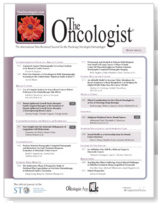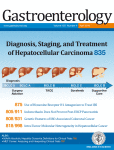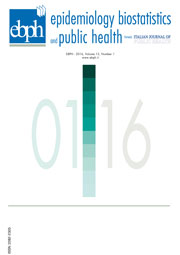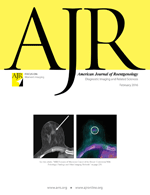 Here’s a joke for all you middle-schoolers out there. How are doctored images like bad pennies? They keep cropping up!
Here’s a joke for all you middle-schoolers out there. How are doctored images like bad pennies? They keep cropping up!
Here’s the latest one we’ve picked up: Lung Cancer has retracted a 2014 paper on the genetics of tumors after concluding the authors cribbed a figure that had appeared in a 2005 feature story in Science.
The paper, “ß-elemene against human lung cancer via up-regulation of P53 protein expression to promote the release of exosome,” drew attention on PubPeer last September from a reader who noticed striking similarities between one of the images the authors used and a figure in the Science piece (subscription required). According to the PubPeer commenter: Continue reading Cancer paper that doctored image from Science story earns retraction








